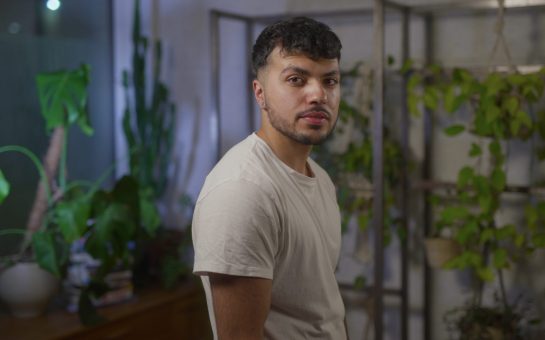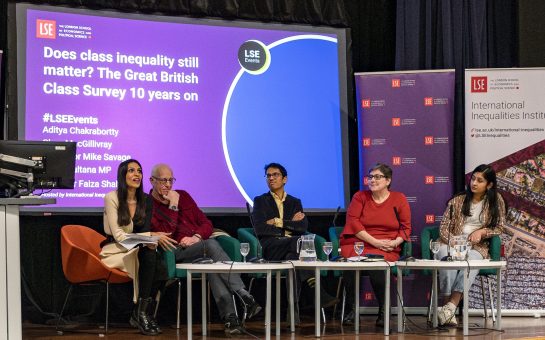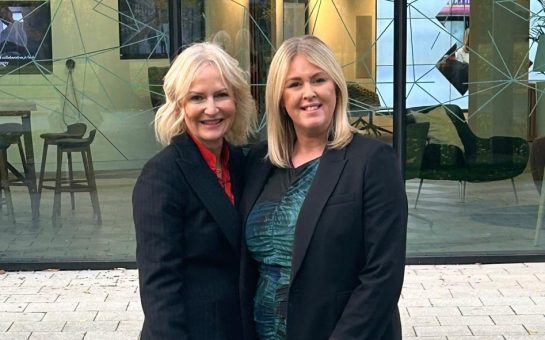The wealthiest 1% of the world’s population will own more than the remaining 99% within two years, according to a report by the aid and development charity Oxfam.
The study published yesterday estimates that that the wealthiest 1% will own more than half of the world’s riches by 2016.
On the back of these findings, Oxfam are calling for global government intervention to tackle inequality, including a move towards establishing a living wage for all workers and a tightening on tax evasion.
MM took to the streets of Manchester to find out what you think about this shocking level of inequality, and what you suggest should be done about it.
Liam Caunt, a projectionist working at the Cornerhouse on Whitworth Street West, said: “Obviously it’s not right at all, but if the 1% hold the wealth then they hold the power.
“Campaigning for change will be like beating your head against a brick wall that is not interested in listening. So short of something akin to the French Revolution, I don’t know what we really can do.”
The 26-year-old from Hulme believes that the disparity in wealth will only get bigger, and went on to point out how the media plays a role in maintaining the problem.
“This report comes out today from Oxfam and obviously everyone is enraged but tomorrow there will be a different report and a different story. That will put the blinkers back on us, and it’s just a losing battle all-round.
“If you were that 1% you would like to think that you have the morality to say that this isn’t right, but evidence suggests that’s not the case.”
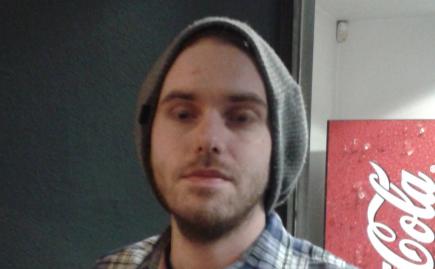
POWER STRUGGLE: Projectionist Liam Caunt believes nothing can be done to stop the wealthiest being the most powerful
Trainee barrister Oliver Ingham, 22, agreed that the level of inequality is unacceptable, but was at a loss as to what can realistically be done.
“The solution is that the excessive wealth should be distributed fairly by the Government on a country by country basis,” said the Huddersfield resident.
“However, this is obviously impossible. Even if it wasn’t, it would only solve the inequality within a specific country, and not the world-wide issue.”
Friend and fellow trainee barrister Alex Jones, from Rossendale agreed and said: The only way you can possibly even things out is by dividing it [wealth] up and you’re back to Communism, which we know doesn’t work.”
When asked if he thought a lack of education restricts the chances for people to earn more money, the 21-year-old scoffed: “Some of the richest men in the world aren’t educated, are they? They’re college dropouts. Steve Jobs, Bill Gates, Mark Zuckerberg.”
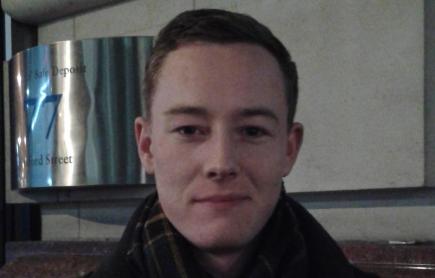
WIDE DIVIDE: Trainee Barrister Alex Jones thinks dividing wealth wouldn’t work
Pub manager Damian Ghazzali, 36, believes that the inequality is not fair, but more education and greater engagement in politics would help people understand the reasons behind the disparity.
The Fallowfield resident said: “It’s not right, but there’s not a lot that can be done about it. It is very easy to say tax them more!
“There is too much apathy in the world – basic politics and economics should be part of the curriculum, to give people more of an understanding at a younger age.
“Nowadays people would rather be nothing than something, and have things done for them.”
Alan Harvey, 40, from Wythenshawe echoed these sentiments, saying that people exercised their right to protest much more in the past.
He said: “People are now that downtrodden that they just get on with it. They think ‘oh well – we’ve been stitched up again’.
“People say charity begins at home but we’re so tight at the minute economically that people can’t think about anything else but themselves, understandably.”
Student Andrew Hogan held the strongest views on the gap in equality world-wide.
The 19-year-old from Fallowfield said: “It’s ridiculous. It is clearly a failing of the capitalist system.
“Our society is becoming more and more polarised and at some point there will be a conflict between those whom capitalism works for, and those whom it exploits.
“The system will either survive or be replaced by some sort of hybrid version of socialism.
“I feel that revolution is the only way to reverse such an unequal allocation of the world’s resources. If you’re not part of the solution, you’re part of the problem.”
Some disagreed, saying that those who have been successful should be able to reap the benefits.
Pamela Leigh, a 31-year-old primary school teacher from Wythenshawe also felt the same.
She said: “I may be in the minority by saying this, but good on them for earning so much.
“I realise that some of that wealth is inherited, but I am sure that the majority of that small group have worked very hard to be in their position.
“I see it as a challenge. It is good to have something to aspire to, as opposed to waiting for some higher power to throw me a bone and distribute some wealth my way.”
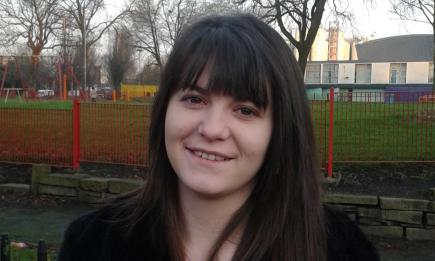
RAGS TO RICHES: Primary school teacher Pamela Leigh says it’s good people have something to aspire to
Amy Cannon, 18, from Wigan agreed and said: “I think that if you have that money it is your own responsibility and you can do what you want with it.
“You should have good will in your heart to give to people who don’t have it, but you can’t force people to share. You can’t have a law saying you should be generous.
The social media apprentice said: “It’ll be really rubbish if you work hard to get loads of money, then someone else who doesn’t work hard gets the same amount as you.
“That’s why people get angry about the benefits system in this country.”
Several people struggled to find a definitive standpoint on the issue, with 20-year-old property financier Louis Smith from Wigan remaining undecided.
He said: “If people have worked for what they’ve got then it’s fine, but not if they’ve been born into it.
“I don’t think people should inherit wealth. We should definitely have more inheritance tax.
“I think that if you work for your money you should keep it, but I don’t think you should get it for free.”
Marcus Spence from Fallowfield provided an interesting viewpoint on the question, being part of a family that is further towards the higher end of the economic scale.
He said: “Whilst I agree that in some countries it is impossible for people to better themselves due to horrible situations like violence, war, poverty etc, we are lucky enough in this country to live in a meritocracy where you are rewarded for the amount of work that you put in.
“People have the chance to make life better for themselves, and it sends out the wrong message if as soon as you stick your head above the parapet and experience monetary success, someone comes along and takes it off you.”
Image courtesy of epsos.de, with thanks.
